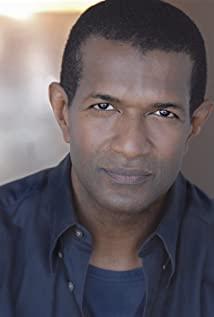Although the theme of the film is related to war, "风立ちぬ" conveys a quiet anti-war message. The date of its release coincides with a sensitive period in Japan's political environment for adopting a War Hawk stance on foreign policy . And Miyazaki Hayao himself also pointed out that Japan should apologize for past historical crimes and cannot amend the constitution at will. Such remarks aroused the anger of Japanese right-wing conservatives, and many people expressed their support for Abe Shinzo's nationalist policy through the Internet . On the Yahoo! JAPAN website's page about the movie "風立ちぬ", there were more than 2,000 comments, and many netizens are accusing the film of pacifist messages. Calling it a completely "left-wing" leaning film, some people even label Miyazaki Hayao as "anti-Japanese" and "traitor".
South Korean media thinks that “Miyazaki Hayao is admirable for speaking up.” South Korea’s MK News Network praised: “Miyazaki Hayao’s fraternity and the pursuit of world peace are admirable.”
China’s CCTV especially reported on “Feng Li ちぬ”. The daily official Weibo also stated that "there is a force called Miyazaki Hayao."
The Japanese Anti-Smoking Society criticized the excessive smoking scenes in the movie "Feng Li ち ぬ". The society commented that there are too many descriptions of smoking in the works. Violation of " World Health Organization Framework Convention on Tobacco Control " Article 13 "prohibition of tobacco advertisements and publicity in the media" is also not conducive to the healthy growth of minors watching the film. There should be other more correct expressions to describe such scenes. Japanese netizens have mixed opinions on this, some people say it is "freedom of expression", and some people say "don't fault the work". The Japan Smoking Culture Research Association responded with two main points. First of all, "风立ちぬ" tells a story that happened before the war. According to informal data in 1950, 84.5% of men smoked at that time. This movie just reproduces the situation at that time. Secondly, Article 21 of the Japanese Constitution stipulates that citizens have the right to "freedom of expression." Compared with international clauses, Japan currently complies with the "Constitution Priority Theory."











